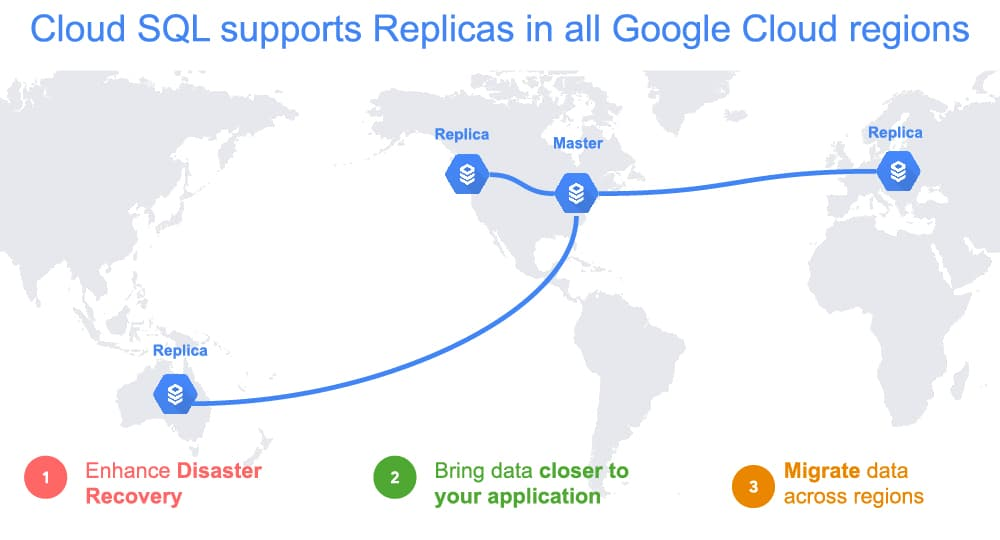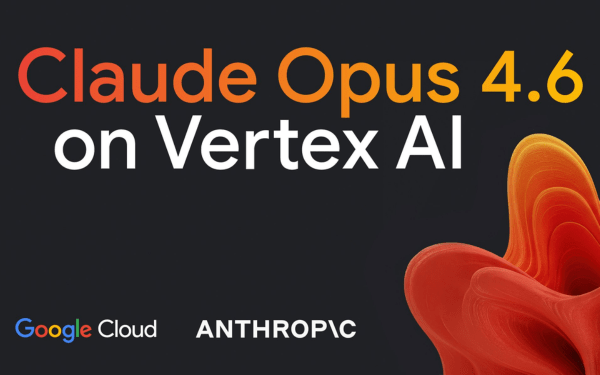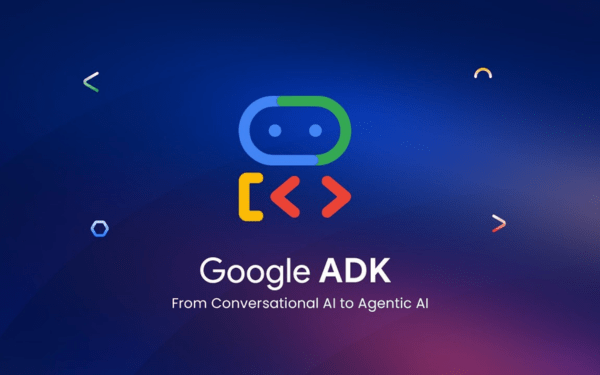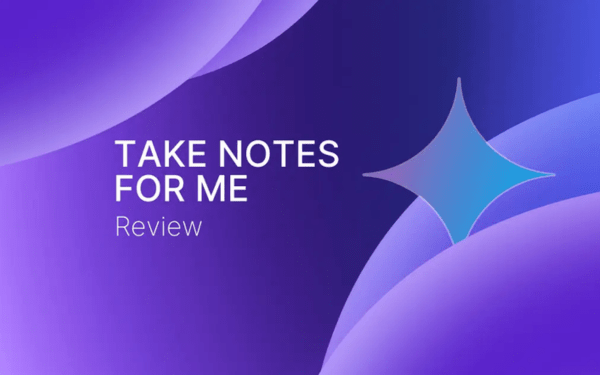Tại Google Cloud, Google cam kết cung cấp cho khách hàng sự lựa chọn hàng…
MySQL 8 is enterprise-ready with Cloud SQL
Googke announced that Cloud SQL, a fully managed Google database service for MySQL, PostgreSQL, and SQL Server, now supports MySQL 8. This means you get access to many powerful new features — such as instant DDL statements (e.g. ADD COLUMN), DDL atomization, privilege acquisition using roles, window functions and extended JSON syntax – to help you be more productive. And, as a managed service, Google will make sure your MySQL 8 deployment keeps you more stable and secure. You'll get automatic patches and updates, as well as Google's maintenance controls, so you can reduce the risks associated with upgrades. What's more, Google has fully integrated it with Cloud SQL's high availability configuration and security controls, to ensure your MySQL 8 database instance is enterprise-ready.
High Availability and Disaster Recovery
Reviewing a variety of failure scenarios, from local problems to widespread problems, is an important part of business continuity planning. With MySQL 8 on Cloud SQL, you enable high availability (HA) to ensure your database workloads are automatically fault-tolerant in the event of an instance-level failure, or even lose the zone.
Google đã làm việc chặt chẽ với những khách hàng sử dụng Cloud SQL đang đối mặt với những thách thức về tính liên tục của doanh nghiệp để đơn giản hóa trải nghiệm của họ với sự hỗ trợ cross-region replication. Cross-region replication cho MySQL 8 được hỗ trợ ở tất cả các Region của Google Cloud.

Security
Cloud SQL is designed to provide multiple layers of security without complexity, whether you're looking to protect your data or comply with regulations. Data encryption is a fundamental control, which is why Cloud SQL encrypts data at rest by default. For organizations with sensitive or managed data, Google offers customer-managed encryption keys (CMEK) to help comply with regulatory requirements and maintain control over your own encryption keys. .
To secure the connection to your MySQL 8 instance, you can use private services access and VPC Service Controls. Private services access gives your database instance a private IP address, using Google Cloud VPC. Because VPC is global, cross-region replication requires no network setup. Global VPC uses private IPs for cross-region replication traffic — eliminating the need for complicated VPN and VPC configurations that would otherwise be needed to set up a network cross-region. With VPC Service Controls, you can define granular perimeter controls to make your Cloud SQL APIs accessible only from within your service perimeter.
Ready to build?
Combine powerful availability and security features to quickly build a scalable and fault-tolerant application, using Cloud SQL Proxy, which integrates connection management with Google Kubernetes Engine (GKE). Cloud SQL Proxy automatically encrypts connections without having to manually configure SSL and makes connecting from GKE easy. With over 500,000 proxy instances deployed on GKE, this is a popular choice. Explore for yourself by building an app with Codelab.
Can I apply the Discount on Committed Use?
Google has built in Guaranteed Discounts so you get the savings you expect — no matter how you configure your resources or which database you choose. The discount also applies to use from all instances supported by Cloud SQL, including MySQL 8. Get started with MySQL 8 and know you don't need to make any manual changes or updates public to save from Discounts when using their existing commitments.

What's Next for Cloud SQL
Support for MySQL 8 is a top request from users. Google is committed to compatibility and brings you more frequent updates going forward. Google is also committed to ensuring that new database instances are fully integrated with the Cloud SQL platform so you can run your most sensitive and mission-critical applications. Do you have more ideas? Let Google know what other features and capabilities you need with Google issue tracking and by joining the Cloud SQL discussion group.
Source: Gimasys



